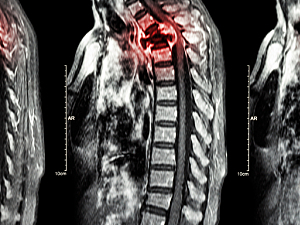Endoscopic Ultrasound–guided Gastroenterostomy Is a Viable Option for Palliation of Gastric Outlet Obstruction

Ali Abbas, MD, MPH, Christopher C. Thompson, MD, MSc, and colleagues report similar technical success rates for endoscopic ultrasound–guided gastroenterostomy (EUS-GE) and surgical gastrojejunostomy, despite more advanced cancer stage and worse performance status in the EUS-GE cohort.
Read More...







